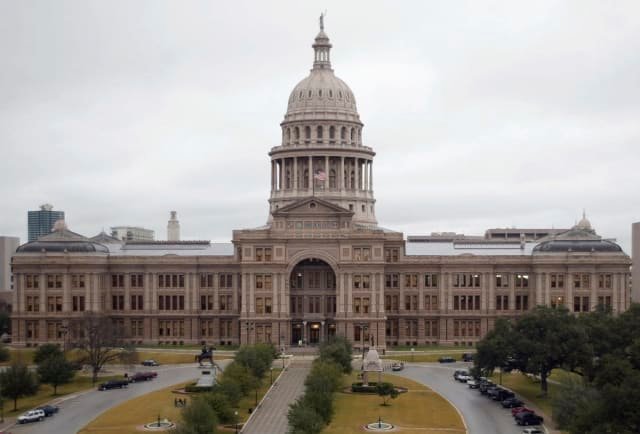On Friday, 7th February, a federal district court issued more temporary restrictions on certain provisions of Texas law aimed at regulating what kind of materials and advertisements are accessible to minors on social media, as well as age verification requirements.
The new court order now bans promotion and age confirmation limitations in the SCOPE Act, which aims to improve the safety of teenagers on social media platforms. The law known as the Securing Children Online Through Parental Empowerment Act (SCOPE) was approved in 2023 and officially signed into law by Governor Greg Abbott.

Judge Robert Pitman banned several provisions of the Securing Children Online Through Parental Empowerment Act (SCOPE Act), which he described as “contrary to the Constitution and vague.” While the ban is not imposed on the entire law, the injunction is not the first against the SCOPE Act. This ruling goes beyond previous decisions by limiting what content minors can view on social media platforms.
The Background of the SCOPE Act:
This law, which was passed as “House Bill 18” in 2023, is called the SCOPE Act. Supporters of the SCOPE Act hoped the law would give parents the power to see what kind of content their children are accessing online and how social media companies handle sensitive information from minors. But a day before the law was about to come into force, Judge Pittman in a case temporarily banned two of its sections, which dealt with controlling certain materials shown to minors.
The Act intends to prevent the known minor’s exposure to harmful material and other content that promotes, glorifies, or facilitates:
● Suicide, self-harm, or eating disorders
● Substance abuse
● Stalking, bullying, and harassment
● Grooming
Foundation for Individual Rights and Expression (FIRE) Reaction:
Last year, the Foundation for Individual Rights and Expression (FIRE), an organization working to protect freedom of expression under the First Constitutional Amendment, and Davis Wright Tremaine, a private media law firm, filed a lawsuit seeking to block the implementation and enforcement of the law. Plaintiffs say the law is overly broad and prioritizes state interests rather than protecting individual rights.
FIRE is a non-profit organization that works to protect civil liberties, especially the right to freedom of expression in colleges. The FIRE argued in court that the SCOPE Act is a law that imposes restrictions based on content with vague determinations that did not specify enough what content could fall under categories in the law like “grooming.”
“States can’t block adults from engaging with legal speech in the name of protecting children, nor can they keep minors from ideas that the government deems unsuitable,” FIRE Chief Counsel Bob Corn-Revere said in a statement.
State’s Perspective on the Act:
Texas Attorney General Ken Paxton, a Republican, says social media is harmful to children. They argue that youth have no legal right to file a lawsuit or any obvious legal harm and that the law does not violate the First Constitutional Amendment.

Since the law’s passing, Texas has tried to ban content that it considered inappropriate and a violation of the law. In October, Texas Attorney General Ken Paxton filed a lawsuit against social media companies, accusing them of violating the law. The law referred to in the case is one of the five sections that were temporarily banned.
Broader Impact of the Law:
The new court order goes beyond, prohibiting three additional provisions in addition to the two previously blocked sections. These additional provisions include restrictions on certain ads targeted towards minors and a requirement for age verification. Both injunctions are temporary and will remain in effect until final judgments are made in each respective case.
The court order comes as parents become more concerned about the impact of social media on children’s mental health, and lawmakers are considering imposing more stringent restrictions on these platforms.
As state lawmakers consider new restrictions on social media, further restrictions on the SCOPE Act could affect lawmakers’ determination of viable ways of regulating these platforms, not only in Texas but in other states as well. Several other states are also considering similar laws, such as Nevada’s “Youth Online Safety Act” and South Carolina’s “App Store Accountability Act,” which are expected to be discussed in other states’ legislative sessions.
Credits (The Texas Tribune & Click 2 Houston)





